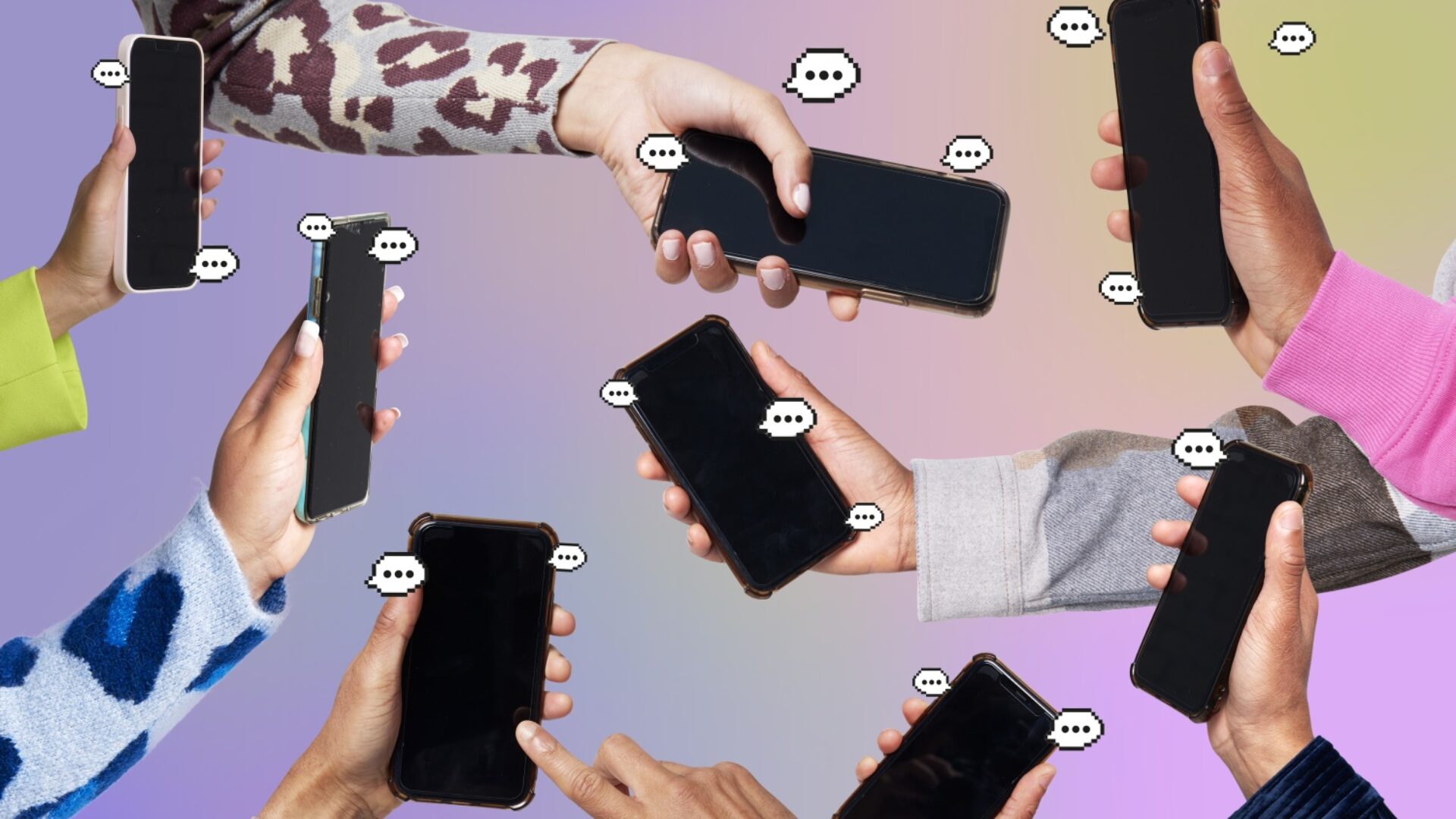
There is a constant trend in the rise of online users and social media influencers with extreme or radical misogynistic views that are insensitively curated to trigger Black women emotionally.
A significant downside to social media is that most opinions and views shared on posts, vlogs, podcasts, and lives are often uncensored through access to the internet typically equates to unfiltered comments. This has caused grave repercussions on the mental health of Gen Z.
Cyber misogyny refers to the various forms of gendered hatred, harassment, and abusive behavior targeted at women and girls via the internet. Gen Z, as digital natives, is experiencing a myriad of emotions, from anger to shame, all emanating from the abusive behaviors they are confronted with online.
The digital age birthed a social group that feels entitled to police young women’s behavior online aggressively. In an attempt to socially control women, it has become intrinsic to cyberbullies to capitalize on threats, revenge porn, cyberstalking, online hate speech, and sexist and derogatory comments.
It is infuriating and mentally taxing to comprehend that internet trolling is normalized and radicalized by those who perceive themselves as internet aunties and parents. More so, trolls are often referred to as keyboard warriors or alpha males, and they are glorified for being woke instead of being sanctioned for their illicit behavior.
Cindy Noir, a popular Internet personality and social media influencer, knows the experience of being online and dealing with the misogynistic nature of social media. “As an opinionated Black Woman on social media, I am often met with misogynistic and cruel comments from men, which is very disheartening,” she told GU. “It creates a different level of distrust in men because when encountering men in the real world, you don’t know if the men you’re meeting are the same men who would comment or agree with these types of comments. A common theme I receive with these comments is men threatening me with dying alone single because no man will want me due to my size or opinions.”
Through her social media career, she’s noticed the cowardice of these misogynistic personalities who hide behind their screens. “These comments are always funny to me because they usually hide behind a cartoon avi or faceless avi speaking so boldly,” she said. “Meanwhile, I am actively showing more courage than they have by posting my face and body daily. Many of these men project their fears onto us, hoping that we conform and shrink ourselves so they can have a chance. And while logically I know that’s what’s happening, it does increase my hesitation in meeting men because how they present in person may not be who they are behind a screen.”
This shows that even as the culture of silence is seemingly becoming unfashionable amongst Gen Z, who is referred to as a vocal generation, the gatekeepers and custodians of patriarchy are still determined to deter the digital participation of women.
Derogatory statements and sexist comments manifest through name-calling, labeling women, slut shaming, and body shaming reflect how expressive and confident women provoke patriarchy enablers. To silence the opinions of women, social bashing has become rampant. This triggers sadness, inadequacy, anger, and embarrassment, leading to anxiety and depression.
Twitter has been immensely criticized for being a space that escalates the harassment of black women through hate speech while feeding the egos of trolls. Normani Kordei, a former Fifth Harmony Member, is one of the Black women subjected to and deeply affected by horrific online criticism in her teenage years.
She experienced vile trolling through racial slander. At 20, she was brave enough to call out Twitter trolls for making the online experience of black female celebrities miserable. In her final post, she expressed her deep hurt: “I’ve been racially cyberbullied with tweets and pictures so horrific and racially charged that l can’t subject myself any longer to the hate.” This confirms how nasty comments heavily distress Black women and push them into depression.
The growing influence of online misogynistic communities is escalating and normalizing the abuse of women online and creating unsafe spaces for mental wellness. Most young boys are being socialized through observation to embrace the inequitable and unfair treatment of women through prejudice.
Social media has become a breeding ground for misogynistic behavior, with personalities like Andrew Tate trending to advance toxic masculinity. There is an alarming number of young men that are religiously following these misogynistic personalities. This poses a great cause for concern over the safety of young women online because the internalization and modeling of misogynistic behavior are unavoidable.
Read ‘Latto Being Harassed Shows Hip-Hop Is Overdue For A Reckoning’
There is a tendency practiced by cyber misogyny perpetrators to try to create and shape a narrative that invalidates the experiences of Black women.
In cases of being abused, assaulted, or traumatized, their stories are highly overlooked, criticized, or shunned because they are often stereotyped as angry and unable to express their emotions and feelings vividly. These narratives restrain women from calling out their bullies and being expressive about the effects of cyber harassment on their mental health.
As a social generation, Gen Z has progressively embraced the significance of mental health and therapy in dealing with unhealthy behaviors and traumatic experiences. However, online toxicity is massively contributing to the jeopardizing of this generational progress.
Read ‘Don’t Feed The Trolls: A Lesson On Engaging With Online Menaces’